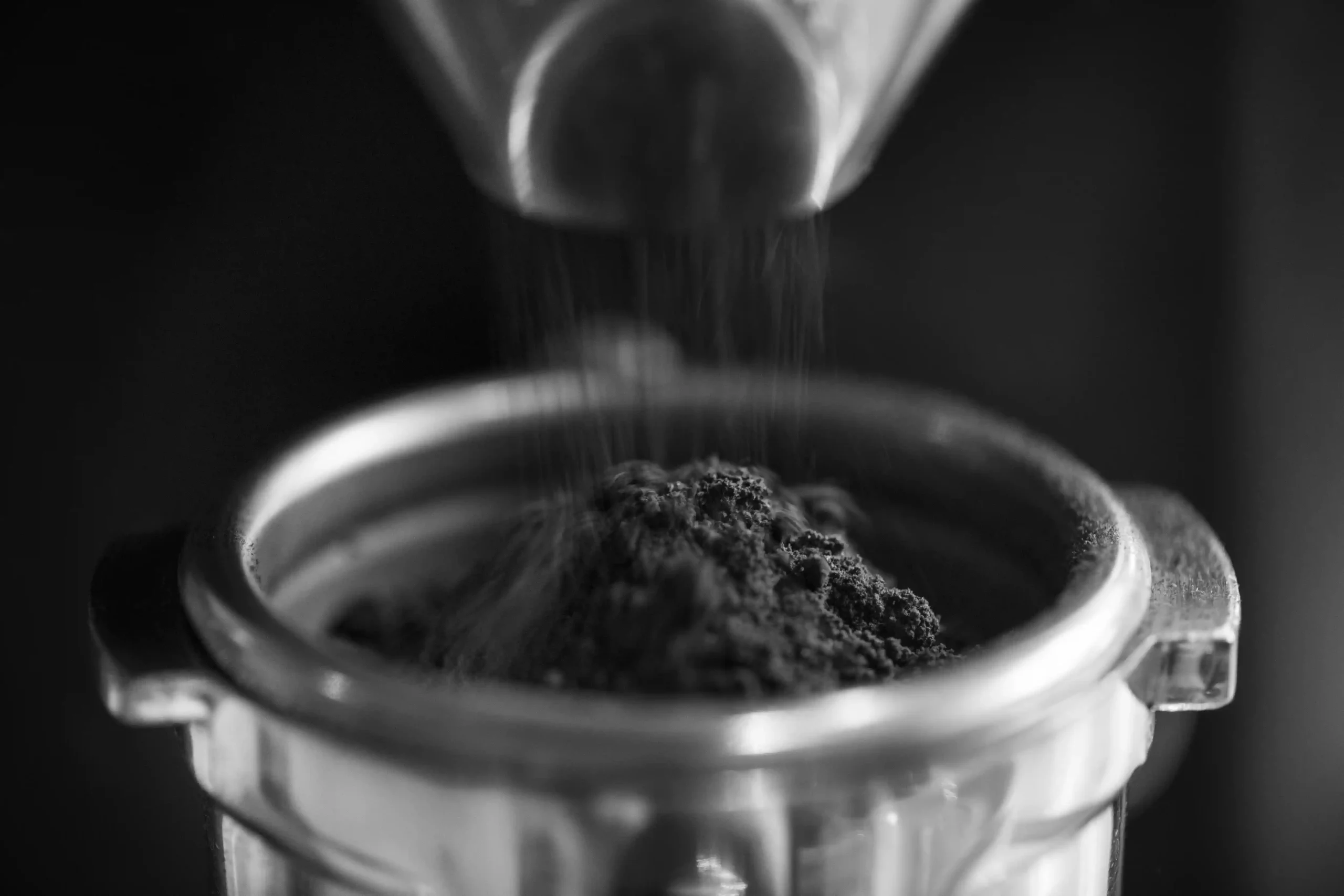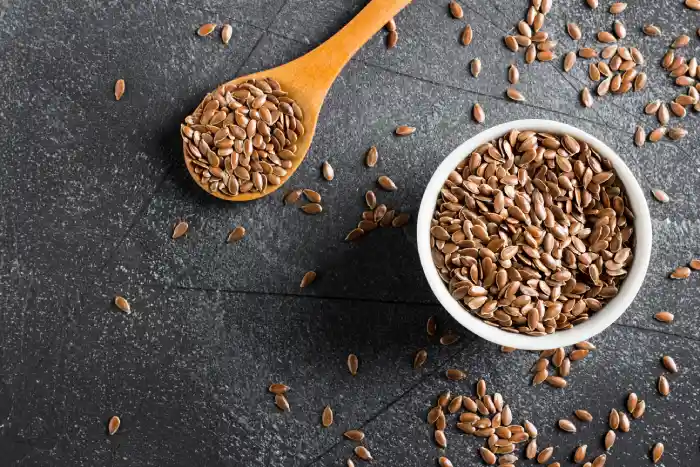Unveiling the Potential of Processed Grape Seed Extract in BPH Treatment
Benign prostatic hyperplasia (BPH) is a prevalent urinary tract condition affecting men over 40. Recent research has shed light on the potential of grape seed extract (GSE) in addressing this common issue. A study conducted on mice explored the efficacy of traditional GSE and its alkaline-processed counterpart (ATGSE) in treating BPH.
The experiment involved dividing mice into several groups: a control group, a BPH group, and treatment groups receiving different doses of GSE and ATGSE. Over four weeks, researchers monitored the effects of these extracts on prostate health.
Results revealed that ATGSE, particularly at a dosage of 250 mg/kg, outperformed regular GSE in reducing prostate and seminal vesicle weight. Additionally, ATGSE demonstrated superior ability in lowering PSA levels and diminishing the expression of pro-inflammatory molecules in prostate and seminal vesicle tissues.
These findings suggest that ATGSE could be a promising candidate for development as a nutraceutical or functional food ingredient targeting prostate health. The study highlights the potential of natural compounds, specifically proanthocyanidins (PACs), in managing BPH and other inflammatory conditions.
Commentary by SuppBase columnist Alice Winters:

The exploration of grape seed extract (GSE) and its alkaline-treated variant (ATGSE) in the realm of prostate health marks a significant stride in nutraceutical research. This study’s findings are particularly intriguing, given the prevalence of benign prostatic hyperplasia (BPH) among aging men and the constant search for effective, natural interventions.
Let’s dissect the key aspects of this research:
1. Ingredient Analysis: The star of this study is proanthocyanidins (PACs), powerful antioxidants found abundantly in grape seeds. The alkaline treatment process used to create ATGSE is a clever approach to enhancing the bioavailability of these compounds. By increasing the content of oligomeric PACs, the researchers have essentially supercharged the extract’s potency.
2. Efficacy: The superior performance of ATGSE, particularly at the 250 mg/kg dosage, in reducing prostate and seminal vesicle weight is noteworthy. This suggests a potential for dose optimization in future human trials, which could lead to more targeted and efficient supplementation protocols.
3. Mechanism of Action: The study’s focus on pro-inflammatory cyto-chemokines provides valuable insight into how GSE and ATGSE may be working at the cellular level. The anti-inflammatory action of PACs could be the key to their efficacy in managing BPH and potentially other inflammatory conditions.
4. Safety: While the study doesn’t explicitly discuss side effects, the use of a natural extract is promising from a safety perspective. However, long-term studies in humans will be crucial to establish a comprehensive safety profile.
5. Market Implications: If these results translate to human trials, we could see a surge in grape seed extract-based supplements targeting prostate health. The potential for ATGSE as both a nutraceutical and a functional food ingredient opens up diverse market opportunities.
6. Consumer Perspective: For men seeking natural alternatives for prostate health management, this research offers hope. However, it’s crucial to temper expectations – mouse studies, while valuable, don’t always directly translate to human outcomes.
7. Environmental Impact: Grape seed extract is a by-product of wine production, making it a sustainable ingredient choice. This aligns well with growing consumer demand for eco-friendly health solutions.
8. Future Research Directions: The study paves the way for human clinical trials. Key areas to explore include optimal dosing for humans, long-term effects, and potential interactions with other supplements or medications.
9. Regulatory Considerations: As this moves towards potential commercialization, regulatory bodies will likely scrutinize claims closely. The transition from “promising research” to “approved health claim” is a long and rigorous process.
10. Broader Health Implications: The study’s mention of PACs’ potential in treating various immune-mediated inflammatory diseases (IMIDs) suggests that the benefits of GSE and ATGSE might extend beyond prostate health, opening avenues for broader application in health supplements.
In conclusion, while this research on grape seed extract and its alkaline-treated variant is exciting, it’s important to approach it with measured optimism. The results are promising, but we’re still in the early stages of understanding how these compounds might benefit human prostate health. For consumers and industry stakeholders alike, this study represents not an endpoint, but a stepping stone towards potentially revolutionary natural health solutions. As always, individuals considering any new supplement should consult with healthcare professionals, especially when dealing with conditions like BPH.



